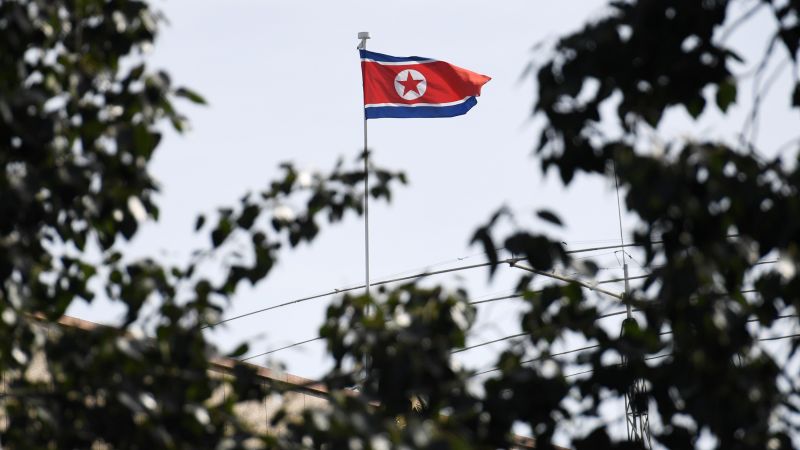Federal prosecutors have charged an Arizona woman, Christina Chapman, with participating in a fraud scheme that allowed foreign IT workers to pose as Americans, get hired by major US companies, and earn $6.8 million in revenue potentially benefiting the North Korean regime. The scheme involved compromising the identities of 60 Americans and impacting 300 US companies, including a national TV network, a Silicon Valley tech company, and an iconic American car maker. Chapman allegedly ran a “laptop farm” from her home to log into US company-issued laptops on behalf of the foreign workers, making it appear as though they were living in the US.
Chapman faces nine charges, including conspiracy to defraud the US. The indictment does not mention the companies involved but does state that the overseas IT workers attempted to gain employment and access to information at two different US government agencies on three occasions, which were discovered and prevented by authorities. This case sheds light on a larger issue of North Korean overseas IT workers trying to evade sanctions and send money back to Pyongyang by posing as workers from different nationalities and applying for jobs in various sectors, such as gaming, IT support, and artificial intelligence.
Officials have been trying to thwart this phenomenon for years, as North Korean overseas IT workers often work alongside North Korean hackers to generate revenue for the regime. Approximately half of North Korea’s missile program has been funded by cyberattacks and cryptocurrency theft, according to a White House official. A previous investigation found that a California-based cryptocurrency startup had unknowingly paid a North Korean engineer tens of thousands of dollars, highlighting the challenge of identifying and stopping the flow of money to North Korea.
In addition to IT workers, North Korean illustrators and graphic designers have also been involved in producing work for US animation studios without the knowledge of those companies. Independent researchers discovered a collection of cartoon sketches on an open computer server on the North Korean portion of the internet, indicating that North Korean artists may have been contributing to projects for US companies. This raises concerns about the reach and impact of North Korean activities in various sectors, highlighting the need for increased vigilance and enforcement to prevent sanctions evasion and illicit financial activities supporting the regime.
The indictment against Chapman and the revelation of North Korean involvement in US industries underscore the ongoing challenges faced by authorities in identifying and stopping illicit financial activities that could benefit the North Korean regime. By posing as Americans and applying for jobs in sectors like gaming and IT support, North Korean workers continue to evade sanctions and generate revenue for the regime. This case sheds light on the complex network of individuals and organizations involved in these activities and the ongoing efforts by officials to prevent further breaches and protect US companies and agencies from potential threats. It also highlights the need for increased cooperation and information sharing among government agencies and private sector entities to address these challenges effectively.


